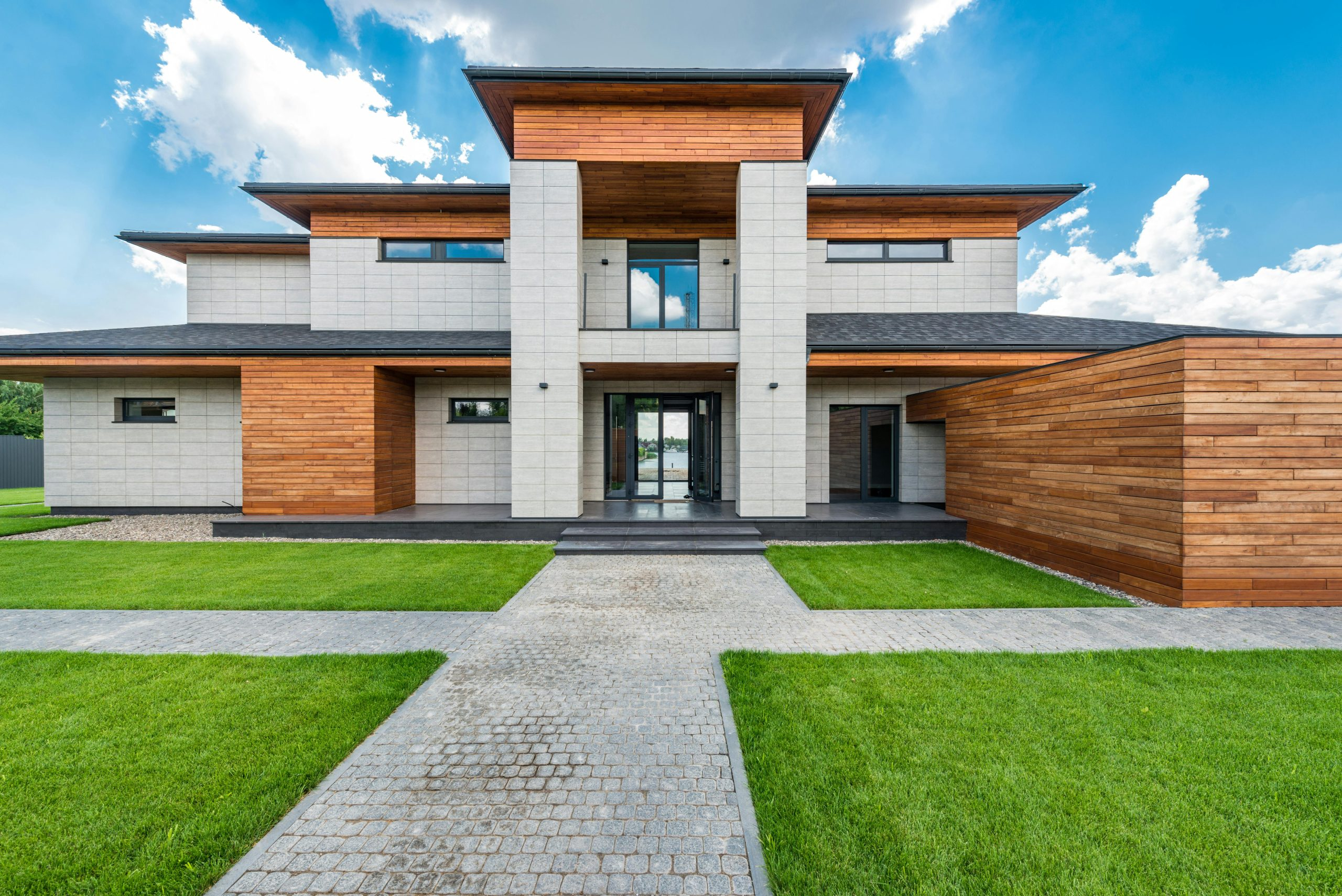India’s Real Estate Surge: Record Leasing and Sales in 2025
As the second most populous country in the world, India’s real estate market is always abuzz with activity. In recent years, there has been a surge in leasing and sales, with no signs of slowing down. This growth is expected to continue, with experts predicting a record-breaking year for India’s real estate market in 2025. With a growing economy, changing demographics, and increased urbanization, let’s take a closer look at what’s driving this real estate surge and what it means for the country’s future.
The Drivers Behind India’s Real Estate Surge
Economic Growth and Policy Reforms
India’s economy has been steadily growing over the past few years, with a projected growth rate of 6.8% for 2021-2022. This growth has been fueled by various government policy reforms, such as the introduction of the Real Estate Regulatory Authority (RERA) Act and the Goods and Services Tax (GST). These reforms have brought more transparency and accountability to the real estate sector, making it more attractive for both domestic and foreign investors.
Changing Demographics
India has a young population, with almost 65% of its population under the age of 35. This young demographic is increasingly opting for homeownership, and the demand for affordable housing is on the rise. As more people enter the workforce, there is a growing need for affordable and well-designed housing options, leading to a surge in real estate sales and leasing.
Urbanization
India is one of the most rapidly urbanizing countries in the world, with urban areas expected to house 40% of the country’s population by 2030. This, coupled with the influx of people from smaller towns and rural areas, has led to a surge in demand for real estate in cities. The government has also been promoting the development of smart cities, which has further contributed to the growth of the real estate sector.
Record-Leasing in Commercial Real Estate
The Rise of Co-Working Spaces
The concept of co-working spaces has gained immense popularity in India, with companies of all sizes opting for shared workspaces. As the startup culture continues to thrive, co-working spaces provide a more cost-effective and flexible option for businesses. This trend is expected to continue, with a significant increase in co-working space leasing in the coming years.
E-Commerce Boom
The rise of e-commerce has led to a surge in demand for warehousing and logistics spaces. The changing dynamics of the retail sector, with more and more consumers shopping online, have also further increased the demand for commercial real estate. The growth of e-commerce is expected to continue, which will have a positive impact on the commercial real estate market.
Record-Sales in Residential Real Estate
Affordable Housing Options
The government’s focus on affordable housing, through schemes like Pradhan Mantri Awas Yojana (PMAY), has led to a surge in sales in the residential real estate sector. With tax incentives and subsidies, more and more developers are venturing into affordable housing projects. This, in turn, has provided buyers with a wider range of options and has contributed to a record-breaking year for sales in this segment.
Technology-led Growth
Technology has played a significant role in the growth of the Indian real estate sector. From virtual property viewings to online property registrations, technology has made the buying process more convenient and transparent. This, along with the rise of proptech startups, has further boosted sales in the residential real estate market.
The Road Ahead
The growth of the Indian real estate market is not without its challenges. The ongoing COVID-19 pandemic has had a significant impact on the market, with a decrease in demand and delay in project execution. However, with the vaccine rollout and the gradual recovery of the economy, experts predict a strong rebound for the real estate sector in the coming years.
Moreover, the government’s focus on affordable housing, infrastructure development, and ease of doing business is expected to create a favorable environment for the real estate market to thrive. With growing demand and an evolving landscape, India’s real estate market is poised for continued growth, making it an attractive investment opportunity for domestic and international investors.
In conclusion, the surge in leasing and sales of India’s real estate market is a result of various factors, such as economic growth, policy reforms, changing demographics, and urbanization. The commercial real estate sector is witnessing record-leasing, while the residential sector is experiencing record-sales. With a promising future ahead, India’s real estate market is truly on an upward trajectory.











